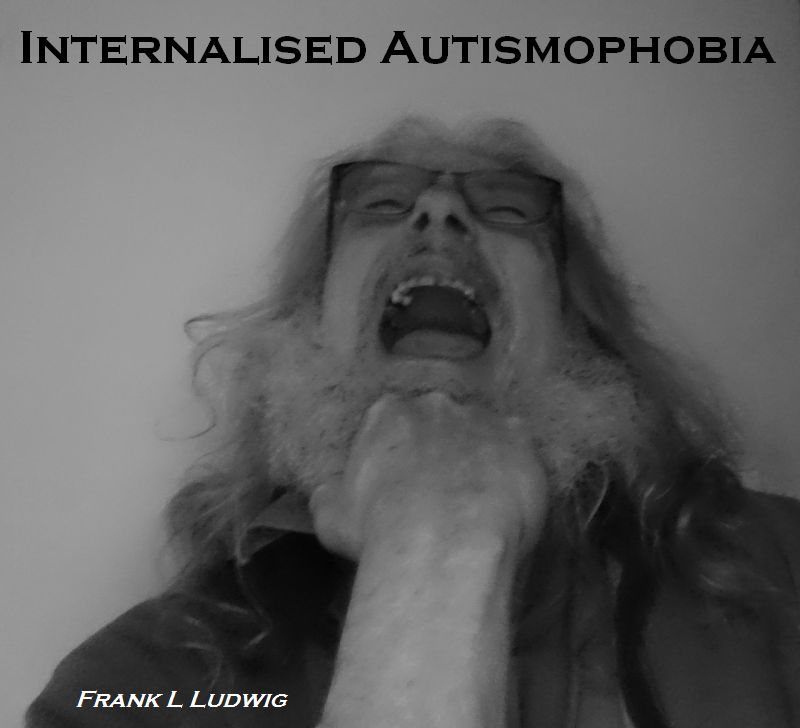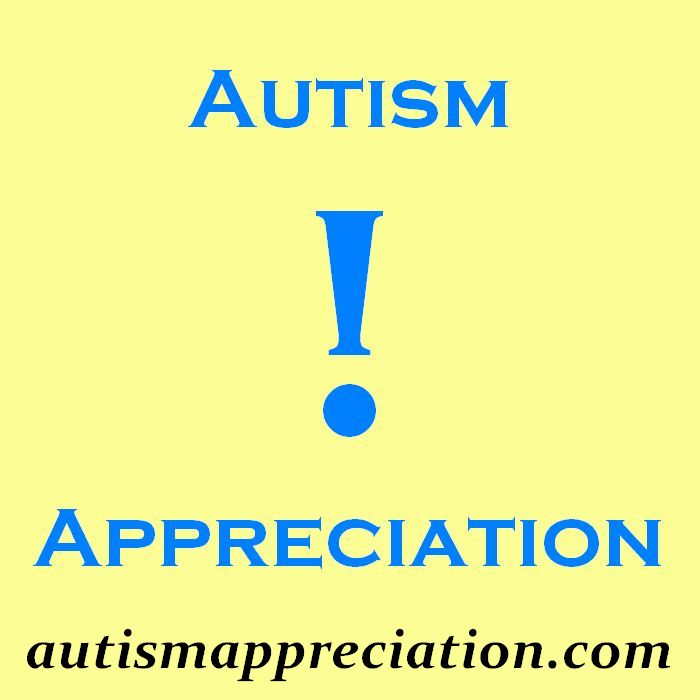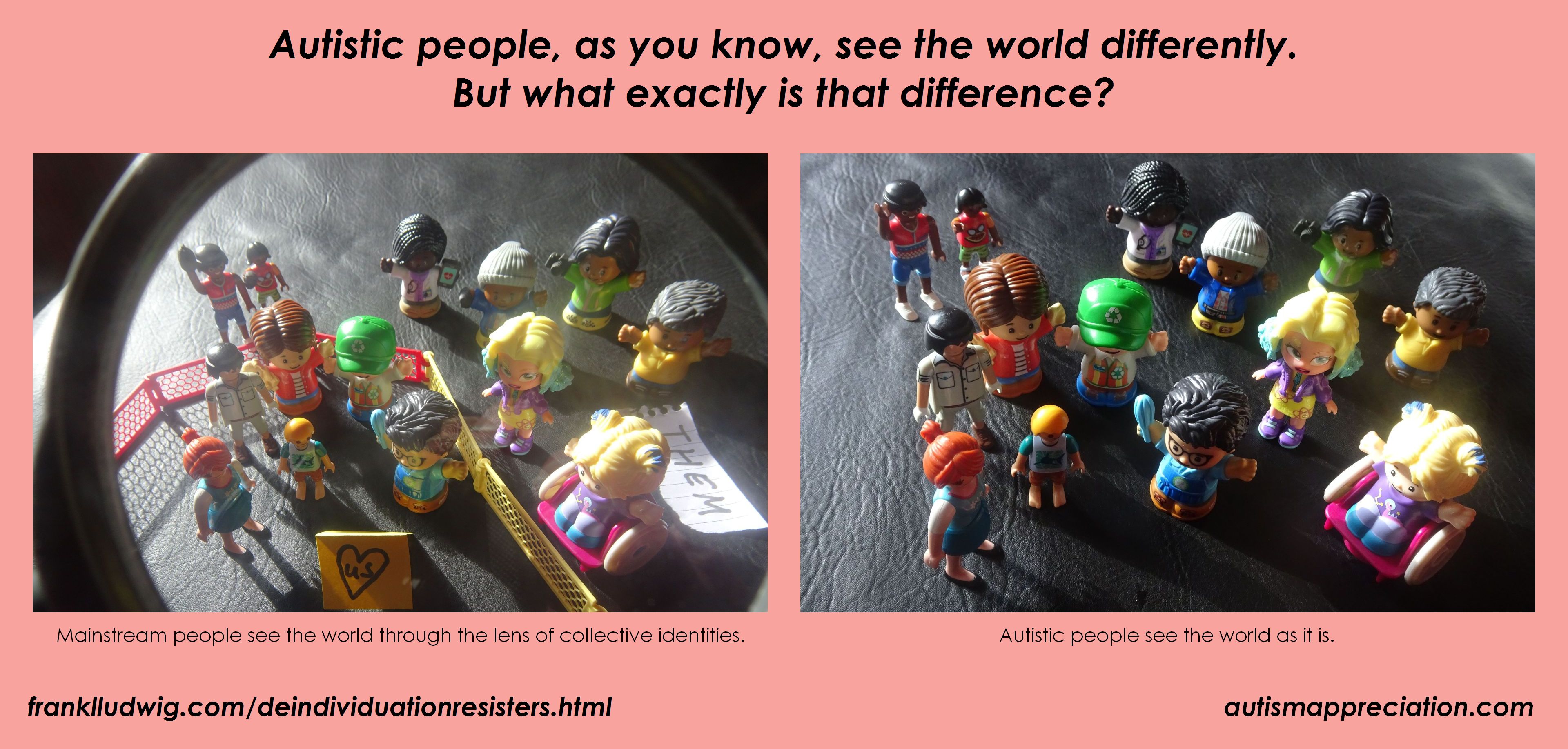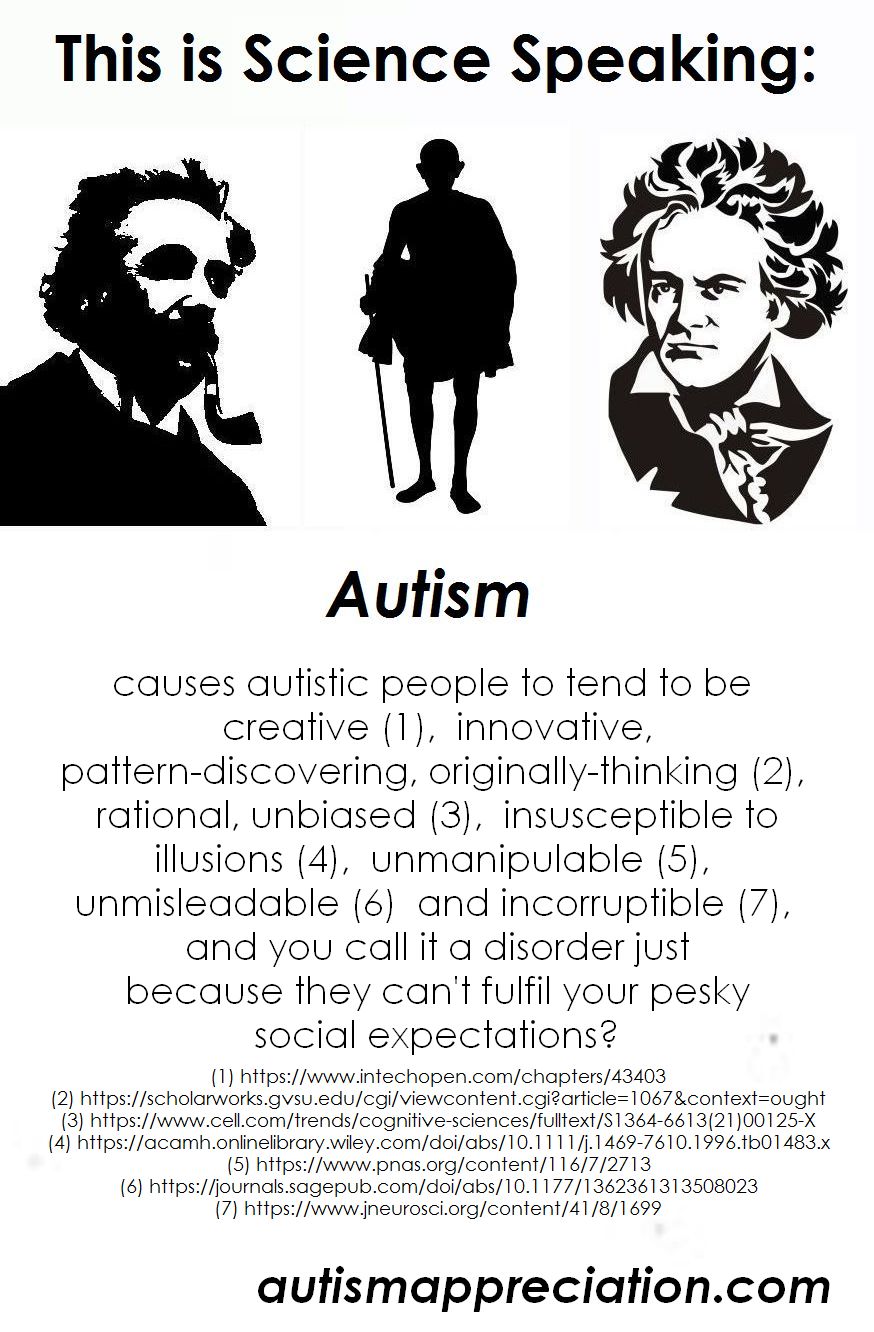
Read more on
|
Tweet
|
Those who know me know that I don't consider autism a disability or a disorder but a social construct to pathologise people who resist the process of social conditioning, as I have described in the Deindividuation Resister Hypothesis. Basically, we retain the individual identity every child is born with while the children around us gradually take on the collective identities society forces upon them.
Those of us who embrace their neurological orientation tend to be progressive and regard everybody else as an equal, regardless of their group affiliations, and therefore are found on the far individual end of the neurological spectrum.
Unfortunately, since autism was first pathologised at the height of authoritarianism in the early 1940s, the vast majority of us have internalised the mainstream's pathology paradigm and insist that autism (or at least 'their autism') is a disability. To be clear, I'm perfectly aware that autistic people can have actual disabilities, but these can't be blamed on autism. And many of the perceived symptoms of autism are actually natural responses to a hostile environment that tries to force us into submission, such as gastrointestinal issues and crippling anxiety.
Those who have internalised the autismophobic views of the mainstream are one of the main obstacles in our fight to be accepted and valued for who we are by reinforcing the mainstream's narrative.
Also, renouncing their neurological orientation makes them vulnerable to cults and extremist movements. Being oblivious to group dynamics, they might look for groups with very clear, strict and inflexible structures, rules and views that are easy to comprehend and follow. This is how their quest to achieve acceptance at all costs drives them towards authoritarianism. But other than regular cult members, they never lose their self-awareness.
In the US one of the January 6 terrorists received a lenient sentence because the judge believed that being autistic had made him more susceptible to following the crowd which demonstrates a poor knowledge of autism. While a mainstream person may indeed get carried away by the mob and lose their self-awareness, an autistic person makes a conscious decision to participate and should therefore be held to at least the same level of accountability as others.
Internalised autismophobia can also cause autistic people to copy the behaviour of mainstream people within the autistic community, such as forming groups, developing an us-v-them mentality and bullying those who disagree with them.
Internalised oppression exists in all oppressed populations and causes those affected to display behaviours that reinforce the stereotypes of the oppressing group. Just like autistic people who consider themselves defective, many members of ethnic minorities (and even majorities) have internalised the myth of white supremacy, many homosexuals have internalised the view of their sexuality being a disorder and encouraged the search for a 'cure', many women have internalised the belief that men are intellectually superior etc, and many of these openly and sometimes militantly oppose peers who stand up for their rights.
In all cases, internalised oppression causes the affected people to underestimate their abilities and therefore neglect their potential in favour of their defeatist attitude, and they expect and sometimes try to force their peers to do the same to reinforce their narrative.
Change never comes from the oppressing groups becoming more enlightened and changing their minds.
The lot of ethnic minorities improved by enough of them standing up, saying, 'We're not white - so what?'
The lot of the LGBT community improved by enough of them standing up, saying, 'We're not straight - so what?'
The lot of women improved by enough of them standing up, saying, 'We're not male - so what?'
And our lot will only improve when enough of us stand up, saying, 'We're not mainstream - so what?'

